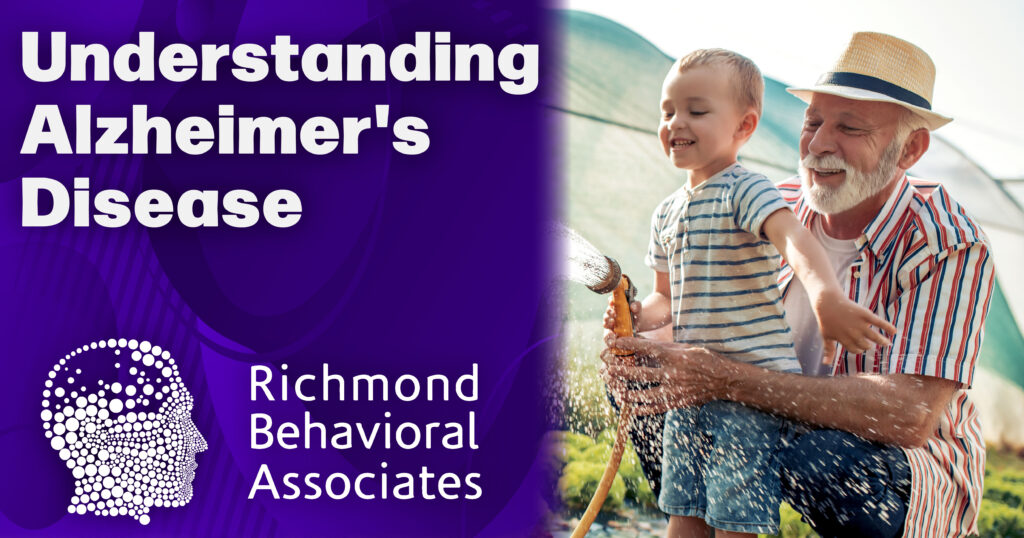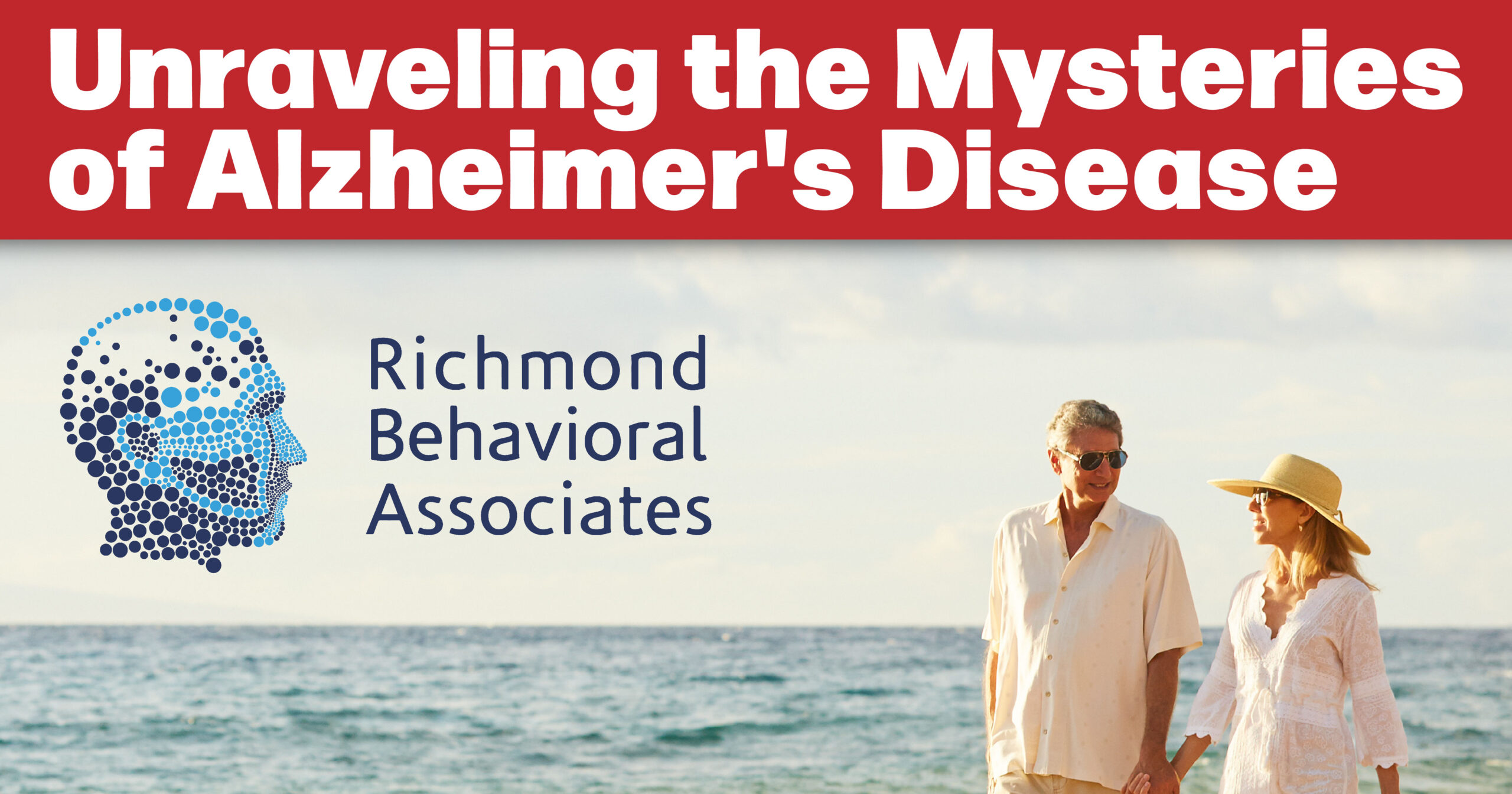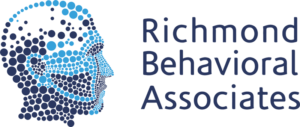Alzheimer’s disease is a topic that has captured the attention of scientists, researchers, and medical professionals for decades. With its devastating impact on memory, cognition, and overall quality of life, Alzheimer’s poses significant challenges to individuals and their loved ones. In this blog post, we embark on a journey to explore the intricacies of this complex condition, delve into its causes, risk factors, and symptoms, and shed light on the ongoing efforts towards prevention, treatment, and finding a cure.

Understanding Alzheimer’s Disease:
Alzheimer’s disease is the most common form of dementia, accounting for approximately 60-80% of all cases. It primarily affects older adults, although early-onset Alzheimer’s can occur in individuals under the age of 65. The disease is characterized by the accumulation of two abnormal proteins in the brain. These toxic clumps disrupt communication between neurons, leading to their dysfunction and eventual death.
Causes and Risk Factors:
While the exact causes of Alzheimer’s disease remain elusive, researchers believe that a combination of genetic, lifestyle, and environmental factors contribute to its development. Genetic mutations can increase the likelihood of developing the disease. Other risk factors include advanced age, family history of Alzheimer’s, cardiovascular conditions, diabetes, and certain lifestyle choices, such as smoking, poor diet, and lack of physical activity.
Symptoms and Progression:
The symptoms of Alzheimer’s disease vary from person to person but generally start with mild memory loss and difficulty concentrating. As the disease progresses, individuals may experience confusion, disorientation, mood swings, language problems, and behavioral changes. Daily tasks, such as personal hygiene and managing finances, become increasingly challenging, ultimately leading to the need for full-time care.
Current Approaches to Diagnosis, Treatment, and Care:
Diagnosing Alzheimer’s disease can be complex, as there is no definitive test available. Physicians typically rely on a combination of medical history, physical examination, cognitive assessments, and brain imaging to make an accurate diagnosis. While there is no cure for Alzheimer’s, various treatment approaches aim to manage symptoms and slow disease progression. These include medication to improve cognitive function and manage behavioral symptoms, as well as non-pharmacological interventions like cognitive stimulation, physical exercise, and social engagement.
Advances in Research:
The pursuit of understanding Alzheimer’s disease has intensified in recent years, with researchers working tirelessly to unravel its mysteries. Significant progress has been made in areas such as biomarker research, early detection techniques, and the development of novel therapeutic strategies. Promising avenues of research involve immunotherapy to target beta-amyloid plaques, genetic interventions to modulate disease-related genes, and the exploration of lifestyle factors that may reduce the risk of cognitive decline.
Supporting Individuals and Families:
Caring for someone with Alzheimer’s disease can be emotionally and physically demanding. Support systems and resources play a crucial role in providing assistance, education, and respite for caregivers. Organizations such as the Alzheimer’s Association and local support groups offer a range of services, including informational materials, helplines, caregiver training, and support networks. It is vital for caregivers to prioritize self-care and seek assistance to maintain their well-being during this challenging journey.
Hope for the Future:
Alzheimer’s disease represents a significant global health challenge, affecting millions of individuals worldwide. However, with increased awareness, research advancements, and a collective effort, there is hope for a future where effective prevention strategies, early detection methods, and transformative treatments are available to combat this debilitating condition. Until then, supporting individuals with Alzheimer’s and their caregivers remains of utmost importance, as we strive to enhance their quality of life and provide them with the care and compassion they deserve. Together, we can make a difference and bring us closer to a world without Alzheimer’s.





